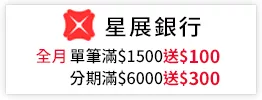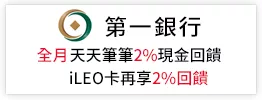The Meiji period witnessed the emergence of a vibrant reform movement, which aimed to improve, not overthrow, the establishment. Far from being monolithic, it included a diverse community of participants and a variety of concerns and tactics. Members of the Woman's Christian Temperance Union (WCTU) were among the most active in the area of moral and social reform. In focusing on their activities, this book sheds light on an understudied part of that movement.
The book opens with an organizational history of the WCTU and then examines such components of its reform program as opposition to licensed prostitution, temperance outreach, and wartime service. Throughout, Elizabeth Lublin argues that WCTU women were motivated by the conviction that their values and beliefs were essential to national progress and that they had a right and duty to promote them. She also illustrates that, contrary to notions about Meiji-period women, those in the WCTU were politically engaged and, far from being submissive to the state, sought to use its authority to achieve their goals.


 天天爆殺
天天爆殺  今日66折
今日66折 






















 博客來
博客來 博客來
博客來 博客來
博客來 博客來
博客來 博客來
博客來